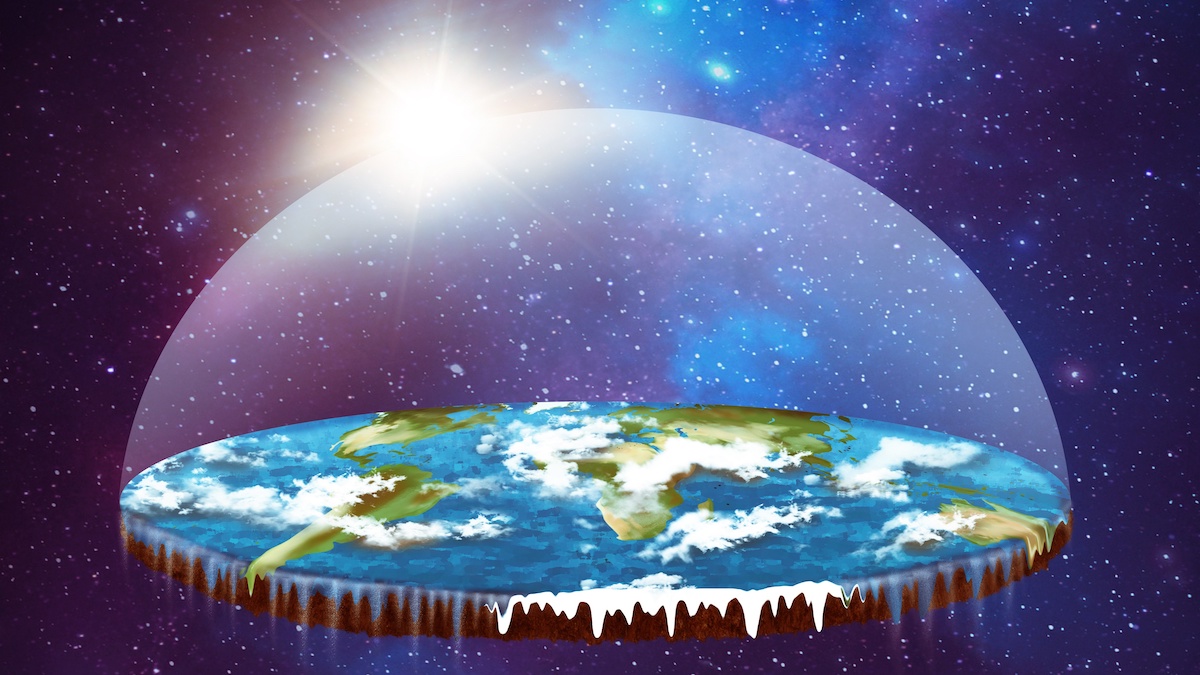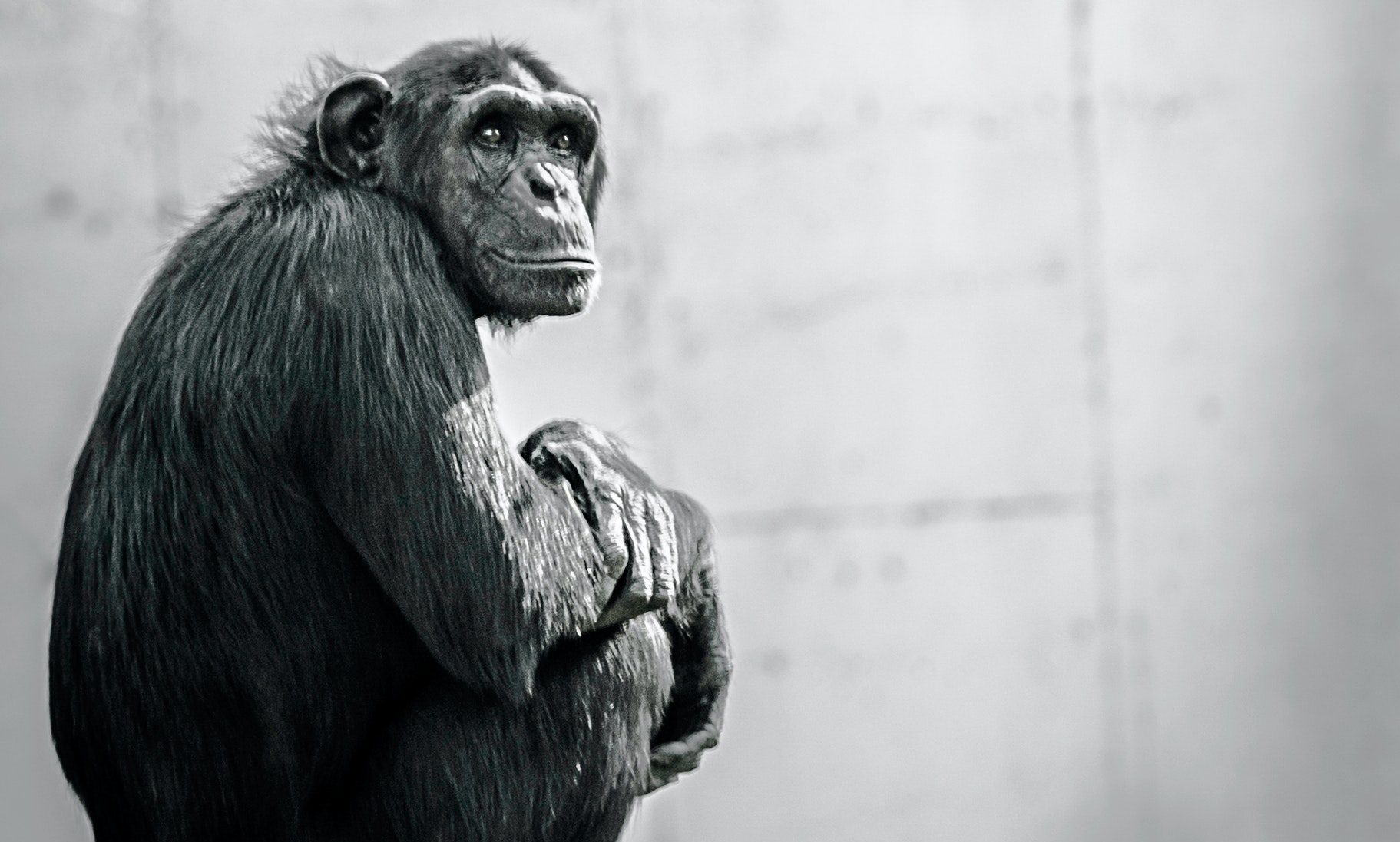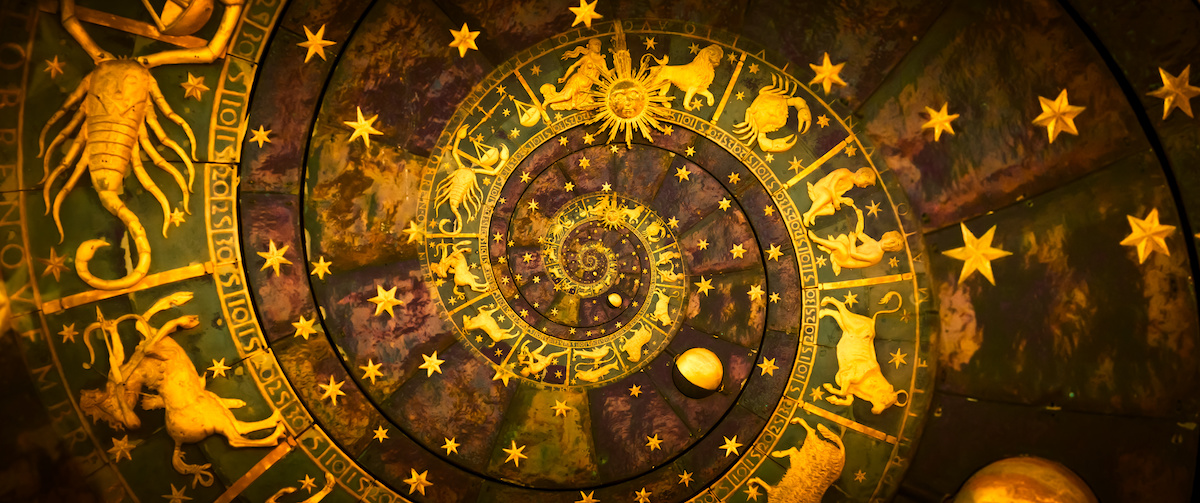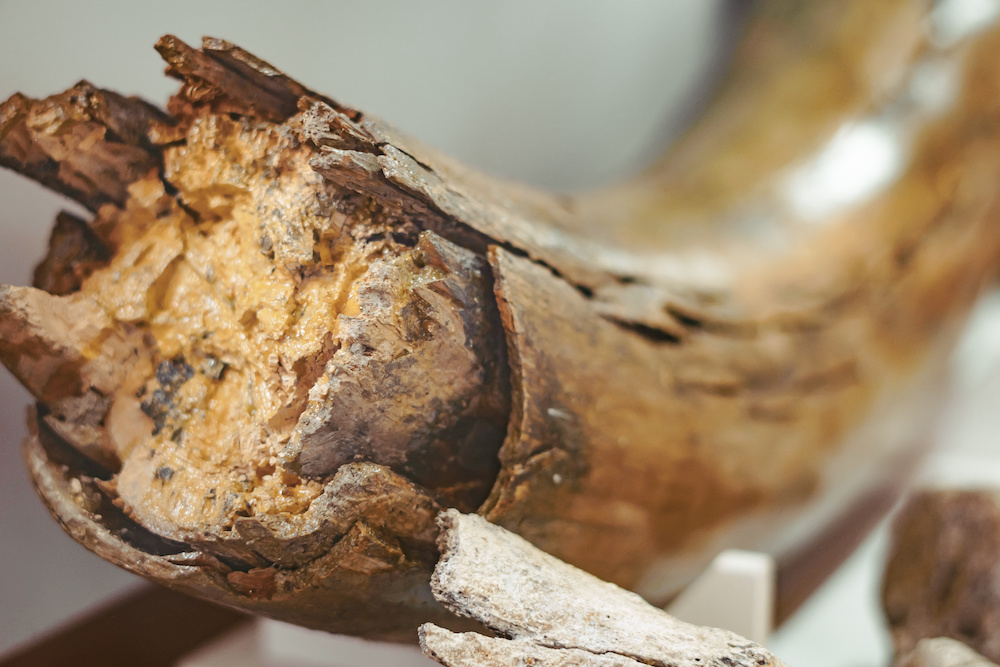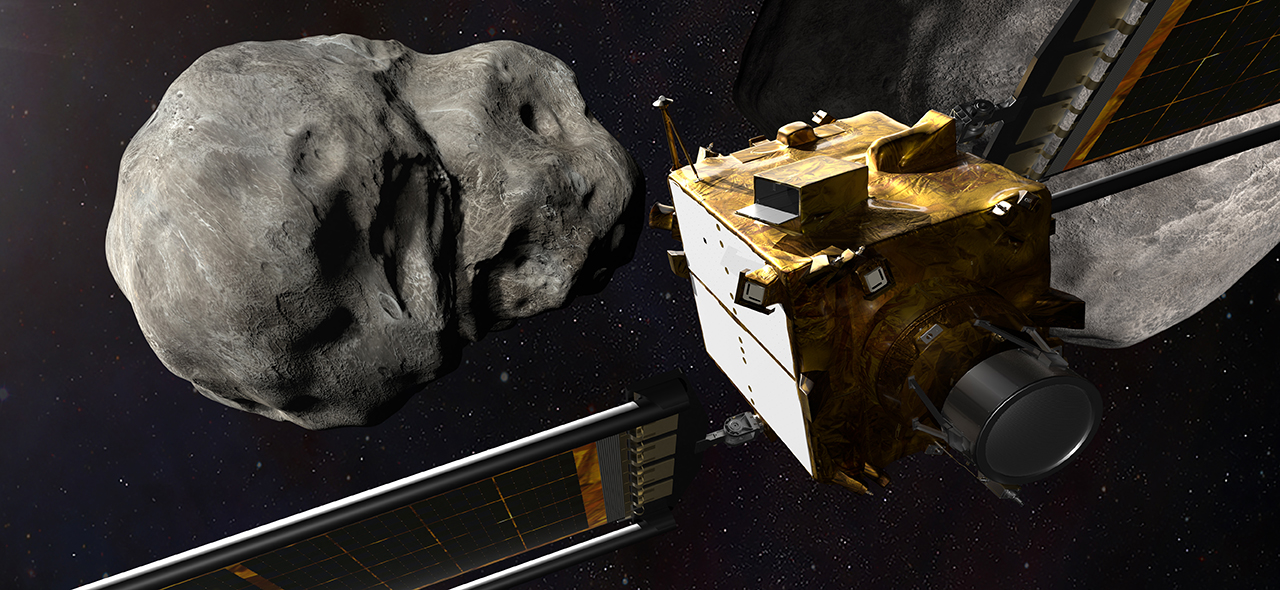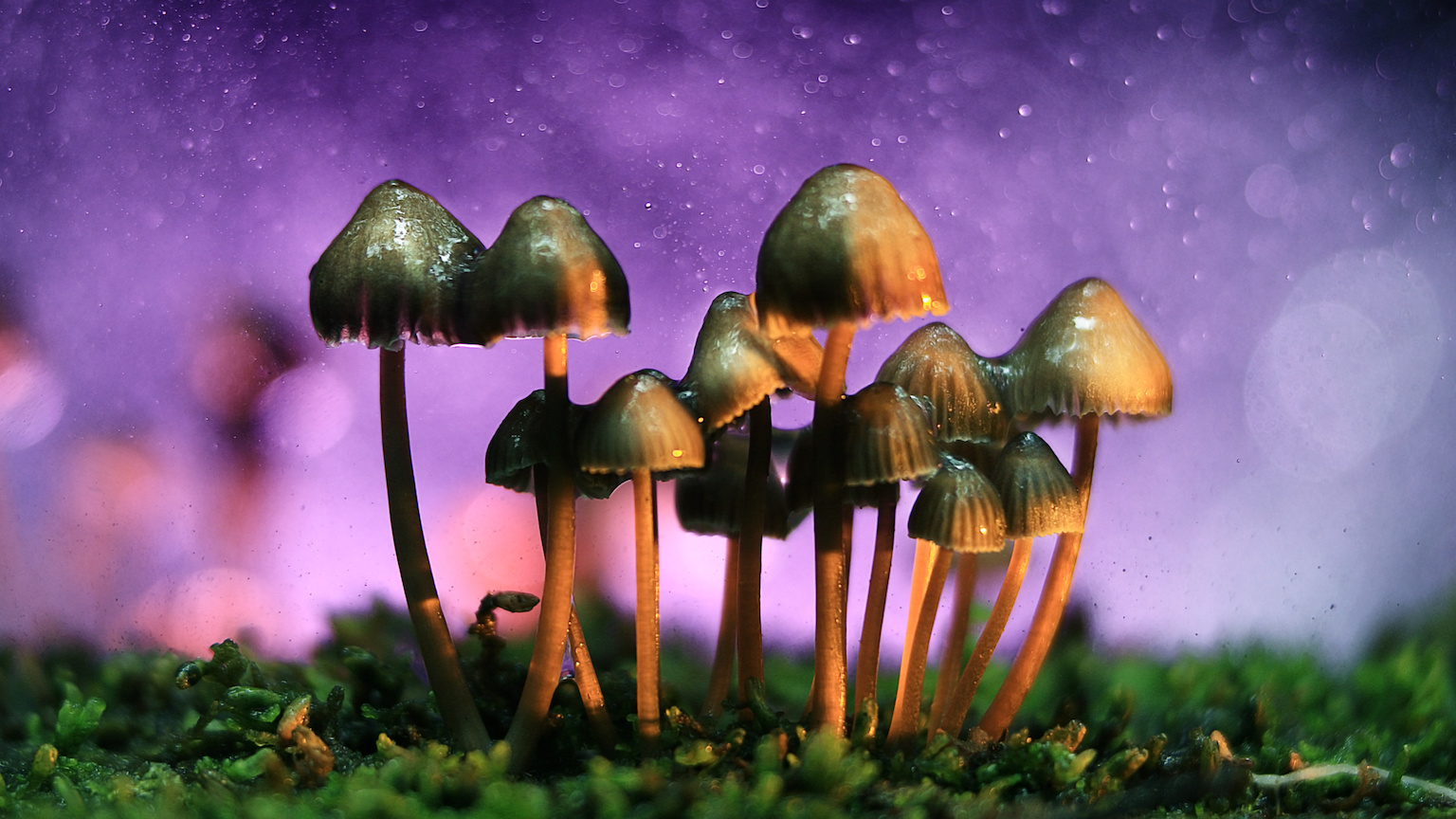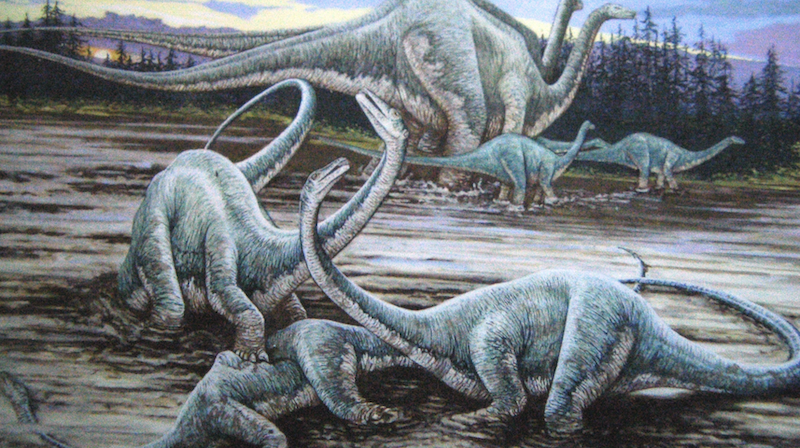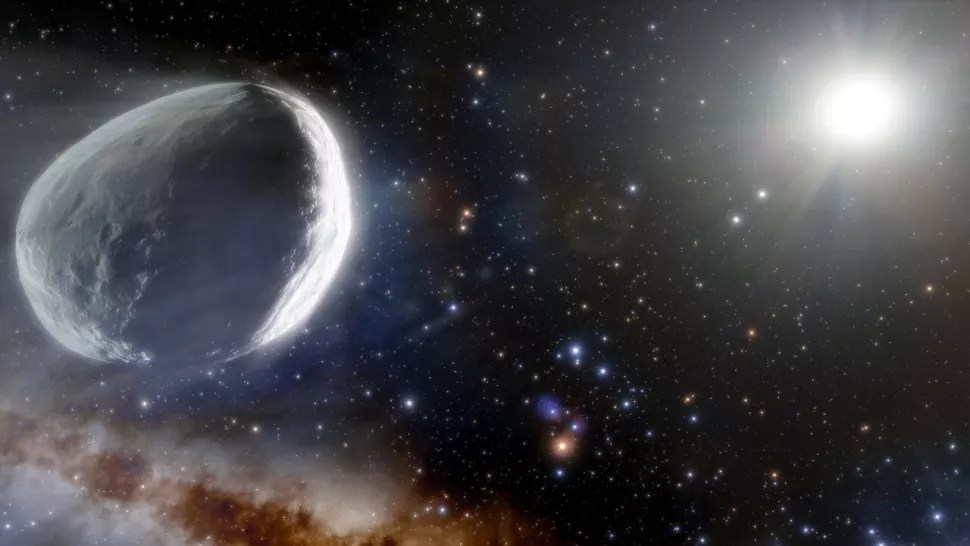Scotty Hendricks
Contributing Writer
Scotty Hendricks is a graduate student and long-time contributor to Big Think. He resides in Chicago.

Pseudoscience is science’s shadow.
Europa may be difficult to access. But if a recent study is correct, its subsurface ocean would be more accessible than previously thought.
Majoring in economics can boost a graduate’s early-career income by several thousand dollars, at least for those who live in California.
Dr. Tyson explains where we might find aliens, why “dark matter” is a misleading term, and why you can blame physics for your favorite team’s loss.
Michio Kaku predicts, among other things, how we’ll build cities on Mars and why cancer will one day be like the common cold.
Some scientists believe that DMT could revolutionize the treatment of depression.
Outfitted with wheels and rotors, the bot can morph from a land drone into a quadcopter in seconds.
Many animals practice what looks like self-medication. A new report suggests that chimps tend wounds with insects, often treating each other.
One god stands for order, logic, and reason. The other stands for chaos, madness, and drunkenness. Nietzsche thinks you need both.
How much we enjoy a conversation can all be a matter of timing — specifically, how long it takes us to respond to what was just said.
The death of God didn’t strike Nietzsche as an entirely good thing. Without a God, the basic belief system of Western Europe was in jeopardy.
Beautiful people really know how to catch a break.
The search for worlds outside our solar system has just turned up a planet, TOI-2257 b, with a truly extreme orbit.
The results of a recent study counter some common claims found in anti-immigration narratives.
Dating apps have made it easier than ever to find a partner. Paradoxically, the ease of finding matches means some remain perpetually single.
A recent study offers new insights into the so-called marriage wage premium.
A divergence in mortality rates between U.S. states suggests that public health policy plays a substantial role in how long people live.
Or you might just be a Leo.
What was this mammoth tusk doing on the ocean floor 150 miles from land?
A new snake becomes Instagram famous after its accidental discovery by a graduate student going on a nature walk in northern India.
Forget little green men: These scientists say we should be more worried about little green germs.
In 2022, the probe will crash into an asteroid while a nearby satellite captures it on camera.
Research shows that psilocybin leads people away from materialism and toward transcendentalism. Apparently, mushrooms teach metaphysics.
From textiles and transportation to chemicals and microchips, a group of researchers proposes a new way to measure the impact of innovation.
If you see a political movement embodying all of these traits, watch out.
A recent discovery pushes back the date on when dinosaurs first engaged in social behavior.
If you’re looking for work, a new study says having fast internet helps.
The prize went to three researchers who revolutionized the social sciences by taking advantage of natural experiments.
Much like computing technology, the Great Red Spot has been getting smaller and faster over the last few years.
A new study shows that the Bernardinelli-Bernstein Comet is much larger than previously thought — potentially the largest ever spotted.
